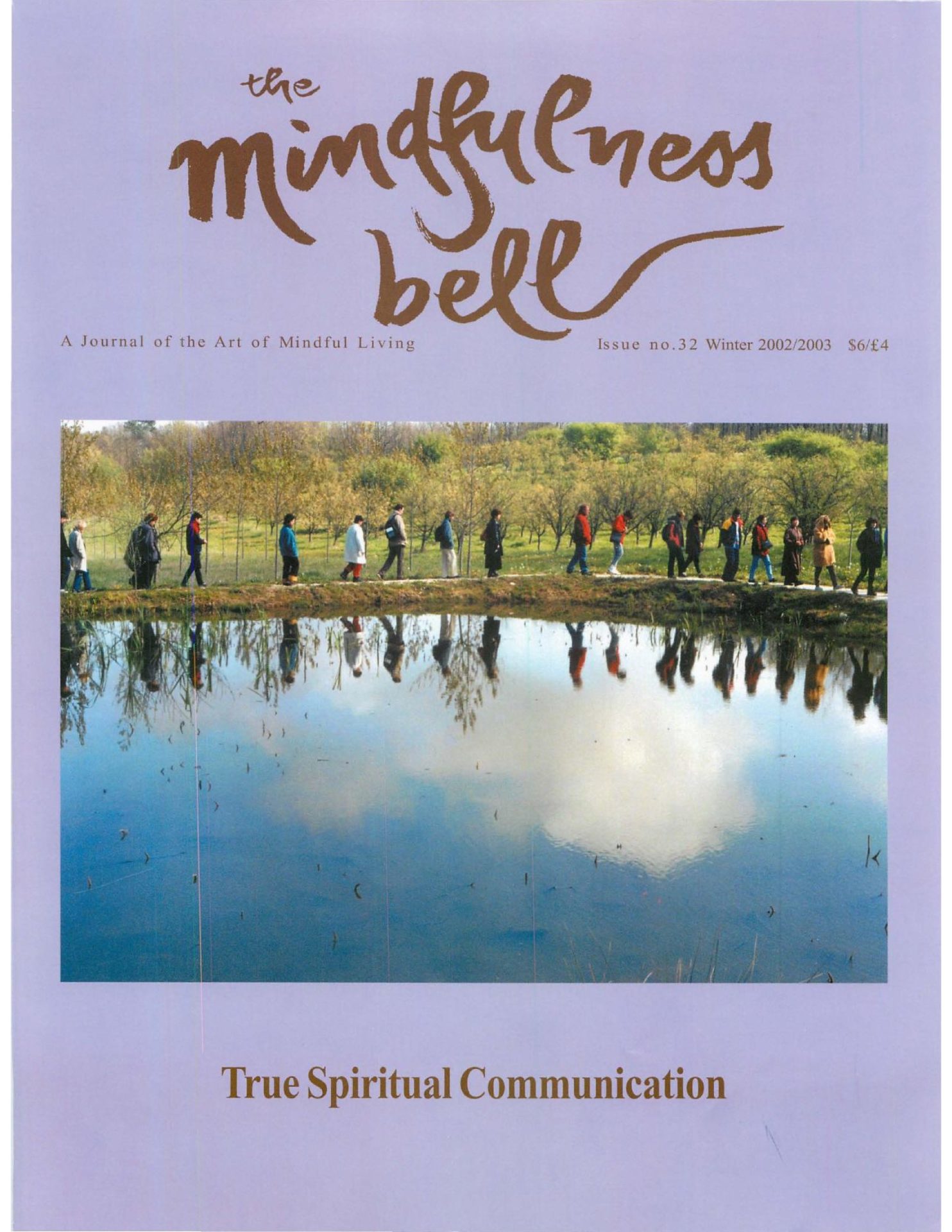By Sister Tenzin Namdrol
It was acute generational family dysfunction that led my brother to alcoholism, marginality, schizoid spells, total paralysis and eventually the loss to gangrene of one leg and then of the other. We were born less than one year apart and separated at birth by sex, parents’ preferences, grandmothers, different nannies, temperaments, boarding schools, and eventually continents. Memories of him are vague. He was kind and generous but unable to measure the consequences of his acts.
By Sister Tenzin Namdrol
It was acute generational family dysfunction that led my brother to alcoholism, marginality, schizoid spells, total paralysis and eventually the loss to gangrene of one leg and then of the other. We were born less than one year apart and separated at birth by sex, parents' preferences, grandmothers, different nannies, temperaments, boarding schools, and eventually continents. Memories of him are vague. He was kind and generous but unable to measure the consequences of his acts. He practiced a daily rosary of misdeeds for which he received a daily rosary of punishments. Towards the end of his life I asked him, "Bruce, was there ever a happy day in your life?" And he replied, ''No." "Surely there were birthdays, Christmases, graduations... there must have been some." Again he said, "No, they always had a bad ending." Towards the fifth and sixth decade of my own life, I began to focus on the family as a whole, more than on individual members. I researched parts of our family tree and realized that ostracism was a constant from both the paternal and maternal lineages. Bruce became a mere link between his ancestors and his unfortunate issue.

He was neglected and bedridden for eight years, yet there was grace in the acceptance of his condition; to some extent he was practicing the Paramitas and even when oscillating between psychic clarity and delusion he was a teacher to many of us. On occasion, I saw a certain aura around the remains of his devastated and minute body. Bruce chose to give his body for study to the University Hospital in Florianopolis, Brazil, hence his remains would not receive a formal burial. However, on the forty-ninth day following his death, in the evening, in Upper Hamlet, there was a magnificent double funeral ceremony for Thay Giac Thanh and for the brother of Thay Phap Thanh. Visually and musically it was the most beautiful I had ever attended and l dedicated it to my brother.
After the ceremony forty monks in their bright yellow sanghati robes walked in procession to the Buddha Garden carrying the urns containing the ashes of the dead as well as, symbolically, the remains of my brother. Much moved and the only nun present, I followed the monks to the Buddha Garden and visualized his ashes being spread in that peaceful and holy place when Thay Phap Thanh offered me the urn containing his brother 's ashes. In deep gratitude, I took a handful and looking around for a proper tombstone, found a large and beautiful stone around which I spread the ashes of both brothers, Thay Phap Thanh's and my own.

It is said that the ordination of a monk or a nun will liberate seven prior and seven subsequent generations. It is my sincere prayer that, through monastics everywhere, all families can liberate ancestors and future issue from such insidious and longlasting habit energies.
Sister Tenzin Namdrol is a nun in the Tibetan tradition. She received full ordination from Thich Nhat Hanh in Plum Village in 1998 and periodically comes to Plum Village to practice. She lives and supports Sanghas in Brazil, her native country. She attended the Hand of the Buddha Retreat in June 2002 accompanied by a delegation of practitioners from Brazil.

